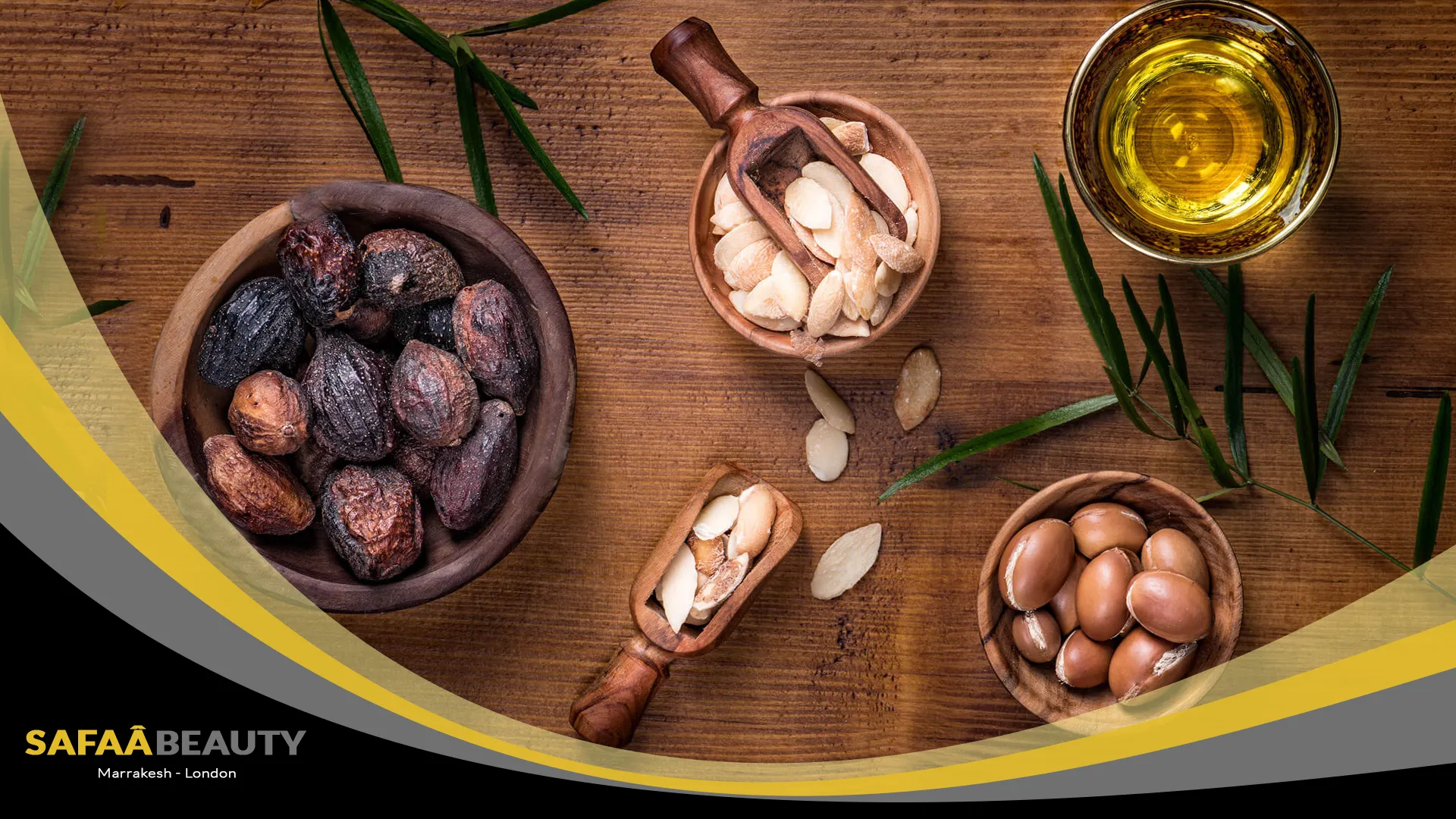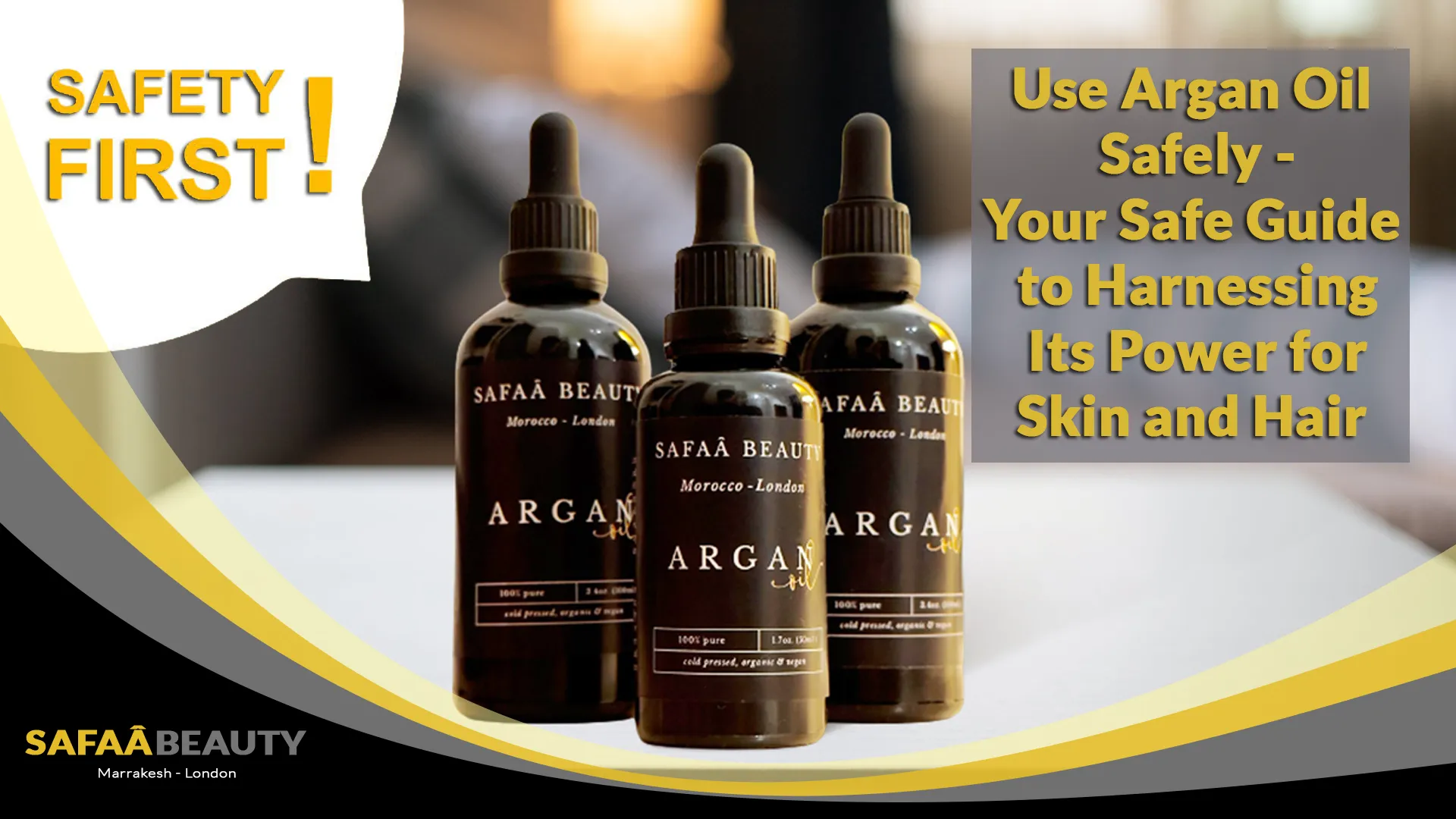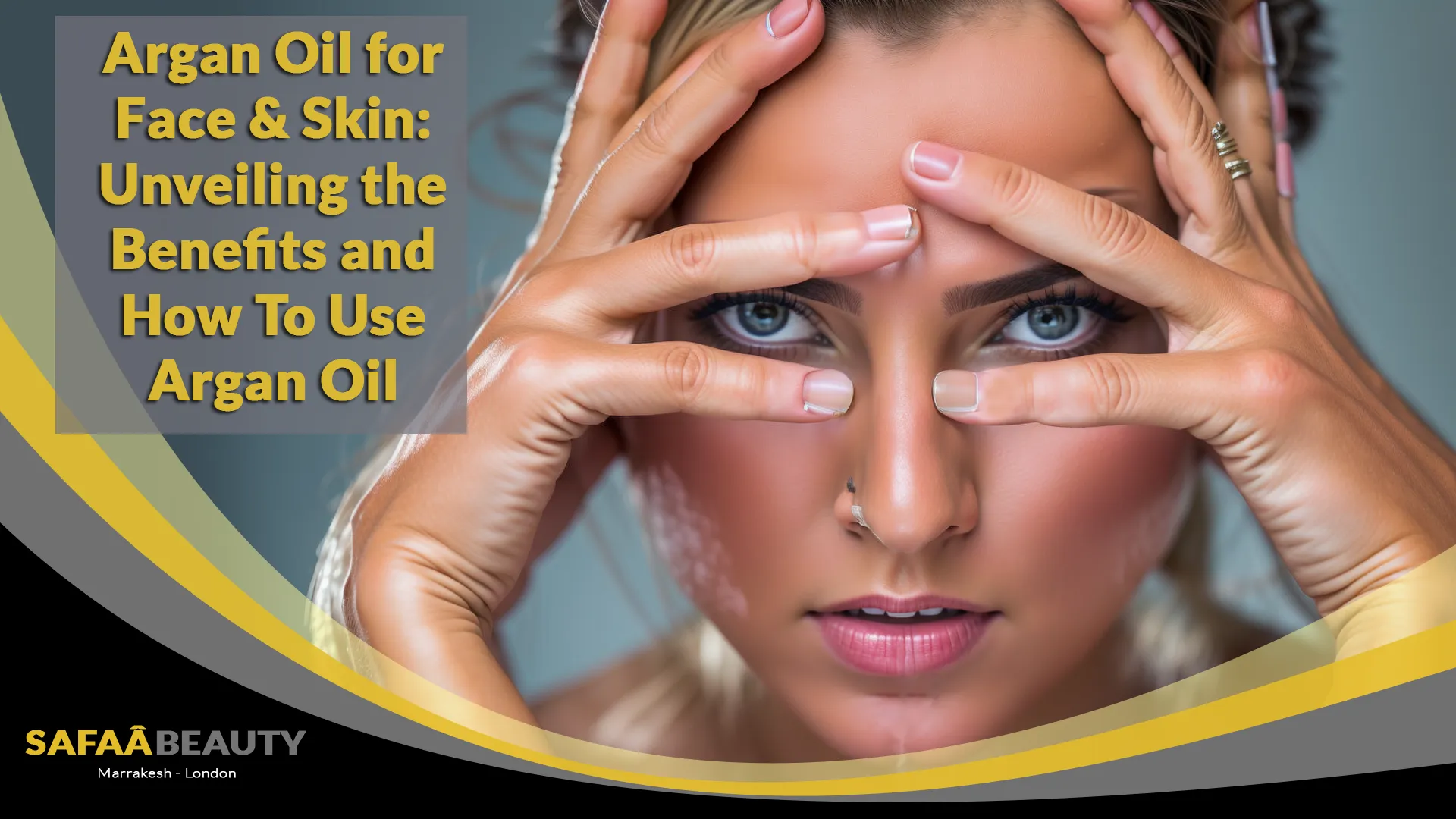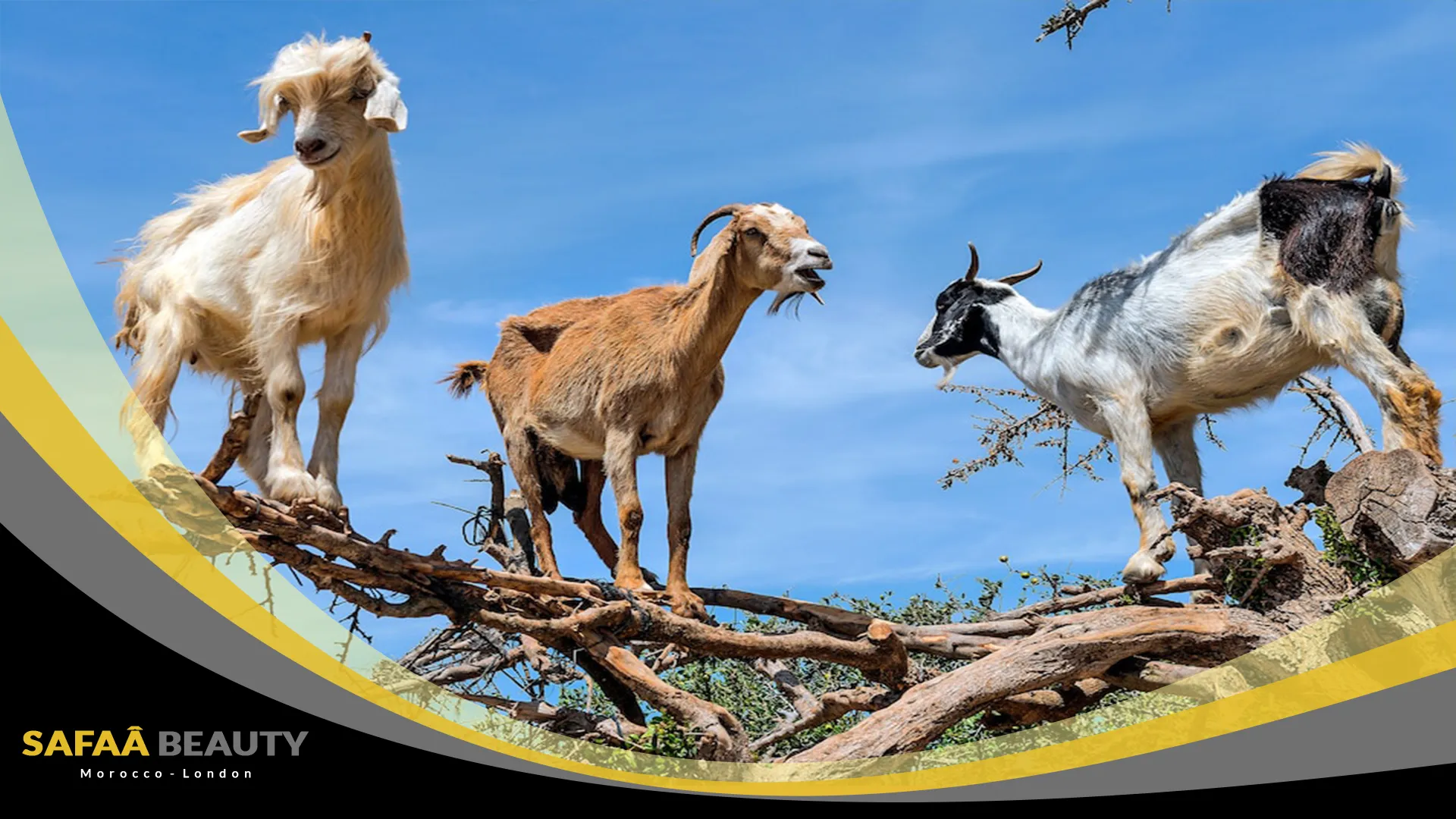The Aftershocks in the Argan Forest: Impact of Morocco's Earthquake on the Argan Oil Industry
It is not often that the tremors of an earthquake shake a commodity market. But when the place is Morocco, home to the argan tree, the global argan oil industry feels the ripple effects. In this intriguing exploration of the Moroccan Argan oil industry's resilience amid seismic adversity, we delve into the far-reaching implications of a natural disaster on the 'liquid gold' market, its impact on the local communities, and the heroic efforts to preserve this precious resource. Discover why this story is not just about the value of a bottle of argan oil, but about heritage, resilience, and hope.

Content:
- Argan Oil: Morocco's Liquid Gold
- The 6.8 Magnitude Earthquake: A Jolt to the Argan Forest
- The Aftermath: Impact on Argan Tree Health and Argan Oil Production
- How has the Earthquake Impacted the Local Berber Communities?
- Is the Demand for Argan Oil Affected?
- Argan Oil: The World's Most Expensive Edible Oil
- The Cosmetic Industry: A Major Consumer of Argan Oil
- Can the Argan Forest Recover?
- The Road to Recovery: Moroccan Government and NGO Efforts
- Argan Oil Industry: What Does the Future Hold?
1. Argan Oil: Morocco's Liquid Gold
A native of Morocco, particularly the southwestern regions near Marrakech and Essaouira, the Argan tree (Argania spinosa) produces a fruit that is home to an incredible commodity: argan oil. Dubbed as 'liquid gold', argan oil is one of the world's most expensive vegetable oils. High in Vitamin E and essential fatty acids, it's been prized for centuries by the Berber people for its health and beauty, cooking, and other cosmetic uses. Argan Oil is also in upcoming demand in the pharmaceutical industries.
Argan oil has grown from a local secret to a global phenomenon. Valued for its cosmetic properties, it is a staple ingredient in creams, lotions, and hair oil preparations. But beyond its commercial value, argan oil offers a lifeline to local Moroccan communities, particularly Berber women, by providing economic and social benefits for rural communities.
2. The 6.8 Magnitude Earthquake: A Jolt to the Argan Forest
On a fateful day, a 6.8 magnitude earthquake rattled Morocco, leaving destruction in its wake. The argan forest, the provider of the golden oil, was not spared. The tremors damaged numerous argan trees, jeopardizing the natural resource the argan oil industry relies on so heavily.
The impact of this disaster on the argan forest was far-reaching. With a significant number of trees damaged or lost, the production of argan oil faced a significant setback. The effects of the earthquake echoed not only through the quiet argan forests but across the global argan oil market.

3. The Impact on Argan Tree Health and Argan Oil Production
The health of the argan forest is crucial to the quality and production of argan oil. The earthquake-induced induced stress on these trees was reflected in lower fruit yield and, consequently, a dip in argan oil production. The reduced supply, coupled with the consistently high demand for argan oil, saw the argan oil market teeter on the brink of instability.
Argan oil blends, a primary product derived from these trees, also felt the tremors. A dip in the production of the argan fruit, a fundamental component in these blends, meant the sector faced significant challenges.
4. How has the Earthquake Impacted the Local Berber Communities?
The impact of the earthquake stretched beyond the argan trees to the Berber communities that depend on them. Local women who relied on the argan production for their livelihood found their incomes and lives disrupted. Cosmetic companies buying pure argan oil from Moroccan cooperatives were equally affected.
These communities have shown remarkable resilience, embodying the spirit of the argan forest. The earthquake has indeed been a testing time, but the local Berber communities have banded together, demonstrating an inspiring testament to human endurance.
5. Is the Demand for Argan Oil Affected?
Despite the supply-side challenges, the demand for argan oil remained undeterred. Consumers worldwide, introduced to argan oil's remarkable health and beauty-enhancing benefits, continue to seek this precious oil. Yet, it's essential to note that the ongoing demand-supply tension is increasingly putting pressure on the argan oil market.
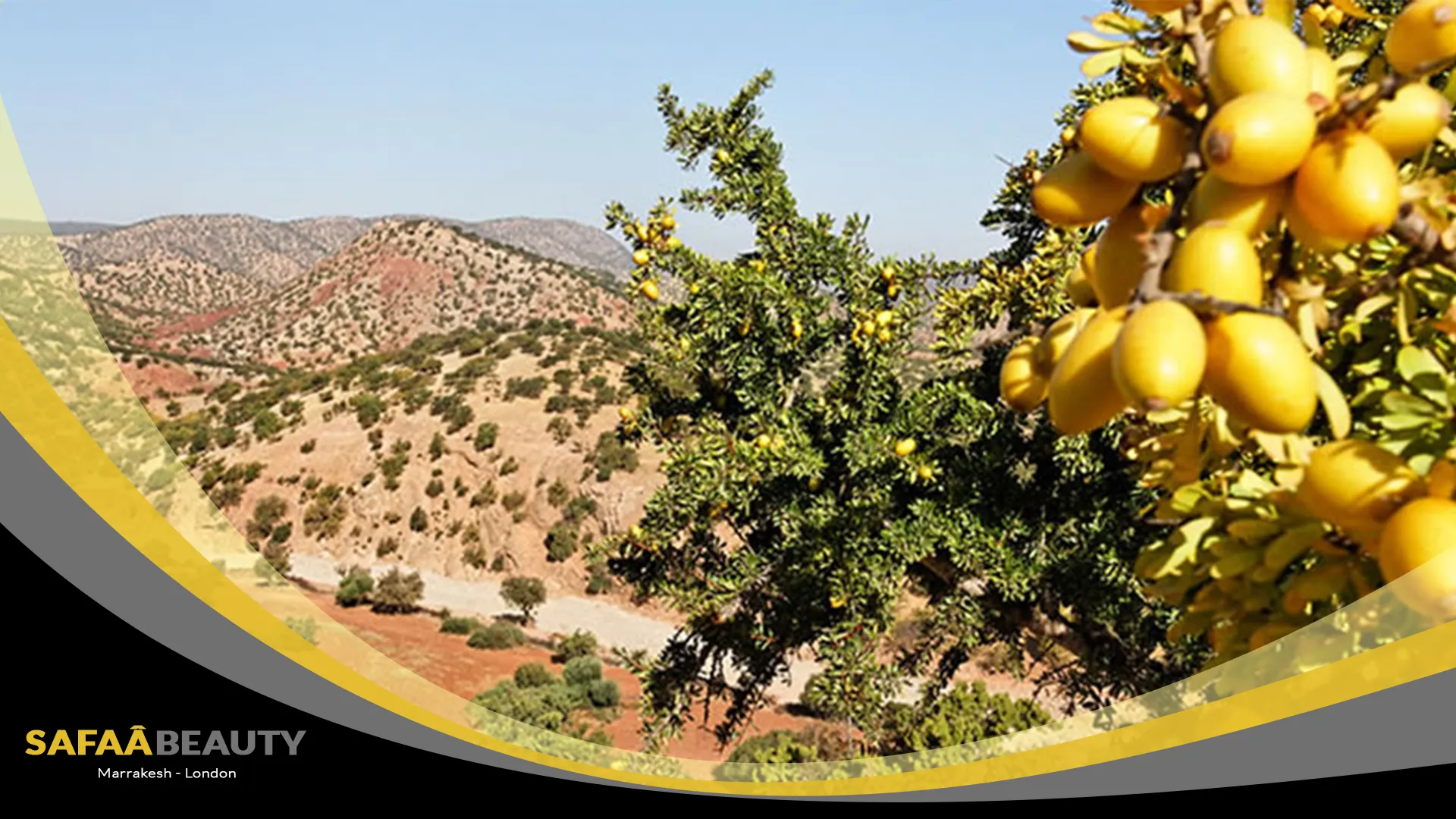
6. Argan Oil: The World's Most Expensive Edible Oil
In addition to its cosmetic applications, argan oil is a celebrated food oil. Used predominantly for drizzling over couscous or salads, it's also employed for its potential health benefits, including heart health. As the world's most expensive edible oil, argan oil's culinary cache has been increasing.
7. The Cosmetic Industry: A Major Consumer of Argan Oil
The beauty industry has been a significant consumer of argan oil. With its rich fatty-acid composition, the oil is marketed for its skin and hair benefits. Argan oil's popularity in the cosmetic industry has indeed contributed to its global demand. However, the earthquake's impact on supply raises questions about the industry's future ability to meet this demand.
8. Can the Argan Forest Recover?
The argan forest's ability to recover post-earthquake is a critical concern for the industry. While the argan tree is adapted to harsh conditions, the recovery from such an event is uncertain. The future of the native argan forest in southwestern Morocco hangs in the balance.
9. The Road to Recovery: Moroccan Government and NGO Efforts
In the face of adversity, hope persists. The Moroccan government and various NGOs have launched programs that aim for a "win-win." These efforts include initiatives to restore the argan forest and aid local Moroccan communities affected by the earthquake. These actions represent a beacon of hope for the future of the argan oil industry.
10. Argan Oil Industry: What Does the Future Hold?
The future of the argan oil industry now depends on multiple factors. These include the health of the remaining argan forest, global market dynamics, and the resilience of local communities. However, despite the challenges, the enduring demand for argan oil, coupled with combined efforts to restore the argan forest, offers a glimmer of hope for this valuable industry.
In conclusion:
- The recent earthquake in Morocco has significantly impacted the argan oil industry.
- Damage to the argan forest has led to a dip in argan oil production.
- The beauty and food industry demand for argan oil remains high despite supply challenges.
- Local Berber communities have shown remarkable resilience, with recovery efforts underway.
- Continued demand for argan oil, combined with restoration efforts, bodes well for this "liquid gold's" future.
Our tribute goes to the tireless workers in the Argan Forrest, who, despite the challenges of natural disasters, continue to uphold the legacy of Morocco's 'liquid gold.' Your resilience is truly inspirational.
Hashtags:
#ArganOil #SkincareMagic #MoroccanElixir #HealthySkin #BeautyTips #NaturalSkincare #RadiantSkin #SkinBenefits #OrganicBeauty #AntiAging #Moisturize #SensitiveSkin #OilySkin #HairCare #Cosmetics #BeautyRoutine #SafaaBeautyShop
Other Blogposts Our Readers Picked:
Harvesting Ancient Wisdom: A Look at the Argan Tree
Discover the wonders of Morocco's Argan tree, from its cultural heritage to producing valuable Argan oil. Explore sustainability and conservation efforts.
The Moroccan Women's Cooperative: Unveiling the Power of Argan Oil
Explore the transformative role of Moroccan women-led cooperatives in Argan oil production and its global impact.
Unlock the Power of Plant Oils: Navigating Common Mistakes for an Enriching Skincare
Uncover the best practices for plant oil use in your skincare routine. Learn about oxidation risks, expiration, proper application, and essential storage tips.





